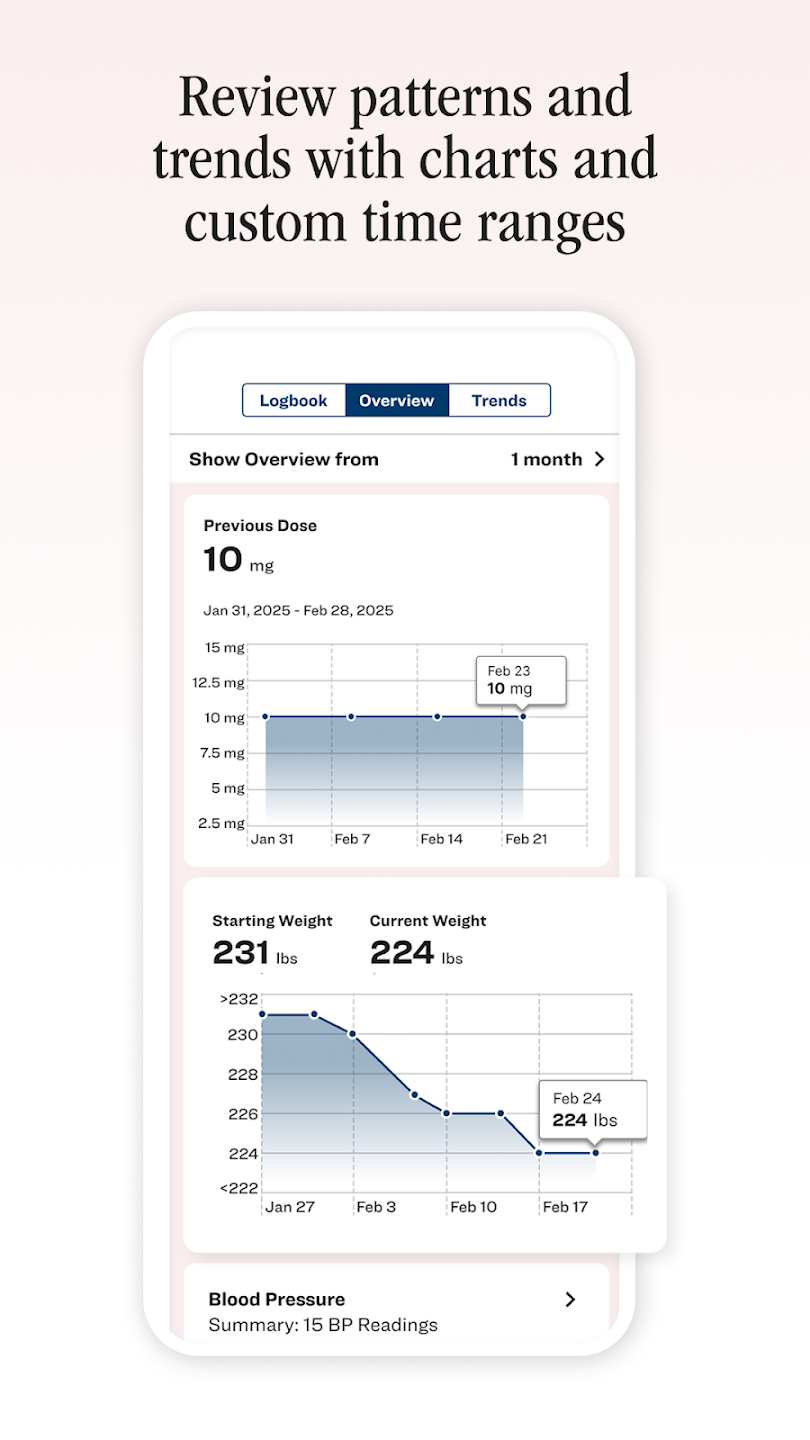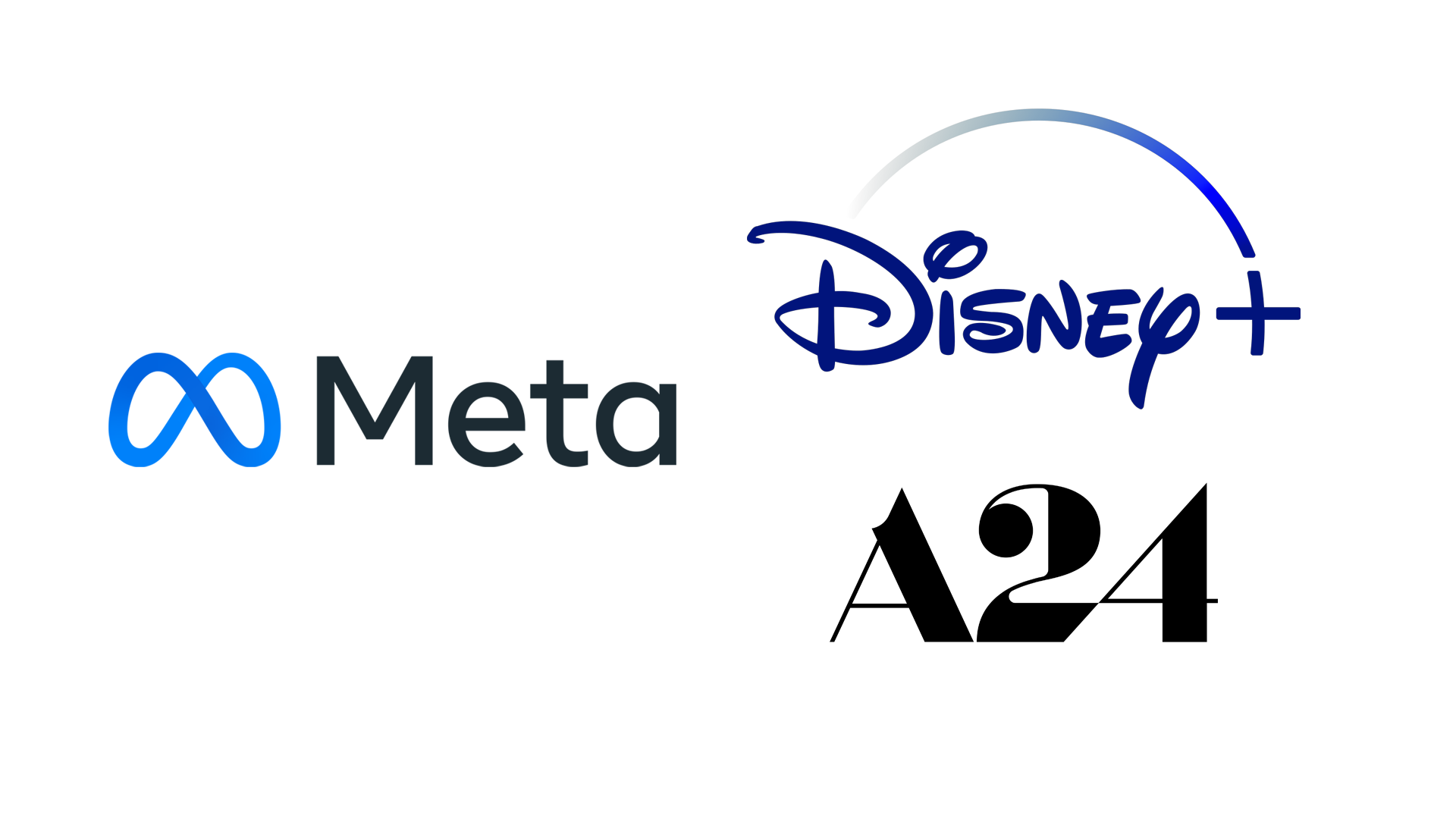Get Ready: Quality Management Software (Qms) Market is Gearing Up for Growth
The global Quality Management Software (QMS) market is experiencing a rapid evolution as companies across industries prioritize operational excellence, regulatory compliance, and risk mitigation. Fueled by digital transformation, heightened regulatory scrutiny, and the need for real-time analytics, QMS solutions are becoming indispensable tools for modern enterprises aiming to streamline quality assurance processes and enhance business performance.
Global Quality Management Software (QMS) Market size and share is currently valued at USD 10.83 Billion in 2024 and is anticipated to generate an estimated revenue of USD 24.92 Billion by 2032, according to the latest study by Polaris Market Research. Besides, the report notes that the market exhibits a robust 11.0% Compound Annual Growth Rate (CAGR) over the forecasted timeframe, 2024 - 2032
Market Overview
Quality Management Software (QMS) encompasses a suite of tools designed to help businesses systematically manage quality processes, monitor performance, ensure compliance with regulatory standards, and drive continuous improvement. QMS platforms typically include modules for document control, CAPA (Corrective and Preventive Actions), non-conformance tracking, training management, supplier quality, and risk assessment.
As companies face increasing pressure to maintain product and process quality while reducing time to market, QMS offers a centralized, automated framework that replaces outdated, paper-based systems. The integration of technologies like AI, IoT, and advanced analytics into QMS solutions is further enhancing real-time decision-making and predictive quality management capabilities.
Key Market Growth Drivers
1. Increasing Regulatory Compliance Demands
In regulated industries such as pharmaceuticals, medical devices, aerospace, and food and beverage, adherence to regulatory standards is mandatory and continually evolving. Companies are required to comply with guidelines set by bodies like the FDA, ISO, EMA, and FAA, among others.
QMS platforms play a critical role in ensuring consistent and auditable quality processes that align with global standards such as ISO 9001, ISO 13485, GMP, and 21 CFR Part 11. Automated compliance management through QMS reduces the risk of penalties, product recalls, and reputational damage.
2. Shift Toward Digitalization and Industry 4.0
The shift toward Industry 4.0 has revolutionized manufacturing and supply chains. Companies are integrating smart sensors, IoT devices, and cloud platforms to collect, analyze, and act on quality data in real time. QMS solutions that are compatible with these technologies provide seamless data flow and visibility across the product lifecycle, enabling proactive quality assurance.
AI and machine learning capabilities in QMS systems are further being used to identify patterns, predict quality failures, and recommend corrective actions before issues escalate.
3. Increased Demand for Cloud-Based Solutions
Cloud-based QMS solutions are gaining popularity for their scalability, ease of deployment, and cost-efficiency. Particularly appealing to SMEs and mid-sized organizations, these platforms allow for real-time collaboration, mobile accessibility, and automatic software updates without extensive IT infrastructure investment.
Additionally, cloud solutions facilitate global compliance management, making it easier for companies operating across multiple jurisdictions to implement standardized processes across their enterprise.
4. Growing Focus on Risk Management and Operational Efficiency
In today’s volatile business environment, risk mitigation is paramount. QMS platforms help businesses identify, assess, and manage operational, supply chain, and product quality risks. Modules for audit management, CAPA, and incident reporting ensure that deviations are tracked and resolved efficiently.
This emphasis on continuous improvement not only enhances product quality but also drives long-term business performance through increased productivity and reduced waste.
Browse Full Insights:
https://www.polarismarketresearch.com/industry-analysis/quality-management-software-market
Market Challenges
Despite promising growth prospects, the QMS market faces several challenges:
1. High Implementation and Customization Costs
Initial setup, integration, and customization of enterprise QMS platforms can be capital intensive, especially for large-scale deployments in complex environments. Organizations often face resistance from legacy systems, requiring time-consuming data migration and employee training.
2. Complexity of Global Compliance Landscape
Companies operating in multiple regions must comply with diverse and sometimes conflicting regulatory frameworks. Keeping up with changes and ensuring systems remain updated and compliant requires significant effort and expertise.
3. Data Security Concerns in Cloud Deployments
While cloud-based QMS offers numerous benefits, concerns around data security, especially in sectors handling sensitive intellectual property or personal health data, continue to pose adoption barriers. Organizations must invest in strong cybersecurity protocols and ensure vendors adhere to international standards like ISO/IEC 27001.
4. Integration with Existing Systems
Many organizations operate a suite of enterprise systems such as ERP, MES, and CRM platforms. Seamless integration of QMS with these systems is essential for achieving end-to-end visibility but can present technical and operational challenges.
Regional Analysis
North America
North America remains the dominant QMS market, accounting for over 35% of global revenue in 2024. The region is characterized by stringent regulatory requirements, high digital maturity, and a strong presence of key vendors. The U.S. leads in QMS adoption across pharmaceuticals, aerospace, and food manufacturing sectors, driven by FDA compliance and risk management needs.
The increased uptake of cloud-based QMS solutions and strong focus on audit management and traceability are expected to keep North America at the forefront of market growth.
Europe
Europe is the second-largest market, with widespread adoption in automotive, life sciences, and electronics manufacturing. Countries like Germany, France, and the UK are prioritizing operational efficiency and sustainability, driving investments in digital quality systems. Compliance with EU MDR, ISO standards, and GDPR also necessitates advanced QMS platforms.
Asia Pacific
Asia Pacific is the fastest-growing region in the QMS market. Rapid industrialization, increasing adoption of compliance management solutions, and growth in manufacturing hubs like China, India, and Southeast Asia are key growth drivers. Government support for digital infrastructure and smart factory initiatives is further boosting the demand for QMS tools.
Japanese and South Korean manufacturers, known for their focus on quality, are early adopters of automated QMS, particularly in automotive and electronics sectors.
Latin America and Middle East & Africa
These regions represent emerging markets with growing interest in quality assurance systems, particularly in the healthcare, construction, and energy sectors. Brazil, South Africa, and the UAE are investing in regulatory infrastructure and digital transformation, making them promising markets for QMS vendors.
Key Companies in the Quality Management Software Market
The QMS market is moderately consolidated, with several global players competing alongside regional specialists. Leading companies include:
-
MasterControl Inc. – Offers cloud-based QMS platforms widely used in life sciences, medical devices, and pharmaceuticals.
-
Sparta Systems (a Honeywell Company) – Known for its TrackWise product suite, Sparta Systems delivers enterprise QMS with a strong focus on regulatory compliance.
-
IQVIA – Provides QMS tools integrated with clinical and pharmaceutical development platforms.
-
AssurX, Inc. – Specializes in customizable, scalable QMS solutions across industries including energy and regulated manufacturing.
-
ETQ, LLC – Offers ETQ Reliance, a flexible and modular QMS platform focused on quality and compliance management.
-
Arena (a PTC Business) – Integrates QMS with product lifecycle management (PLM), ideal for high-tech and medical device companies.
Emerging players such as Qualio, Greenlight Guru, and Veeva Systems are targeting niche markets like medical devices and digital health, offering tailored platforms for rapid compliance and innovation.
Future Outlook
The future of the QMS market lies in automation, AI integration, and predictive analytics. Companies are moving toward closed-loop quality systems that not only track incidents but also learn from data to prevent future occurrences. The emphasis on sustainability, data integrity, and digital twins will further elevate the strategic value of QMS platforms.
As the global business environment becomes more competitive and regulated, organizations that invest in agile, intelligent QMS platforms will be better positioned to drive operational excellence and long-term growth.
Conclusion
The Quality Management Software market is witnessing strong growth, driven by the convergence of regulatory complexity, digital innovation, and customer-centric business strategies. With increasing adoption across industries and geographies, QMS is no longer a back-office function but a core component of organizational success. Companies that prioritize document control, compliance management, and audit management through modern QMS tools are poised to thrive in a quality-driven future.
More Trending Reports by Polaris Market Research:
More Trending Reports by Polaris Market Research:
Industrial Networking Solutions Market
Content Management Software Market
Operating Room Management Software Market
Cloud Mobile Backend as a Service (BaaS) Market
IT Asset Disposition (ITAD) Market
Artificial Intelligence In Banking Market
Multi-access Edge Computing Market
5G Millimeter Wave Radio Frequency Chips Market
AI for Customer Service Market
Quantum Key Distribution Market
Artificial Intelligence Market
Leading Firms Reshaping Future of Steel Processing Market
Top 5 Trends in the Future of Robotics Market in 2025






















































































































































